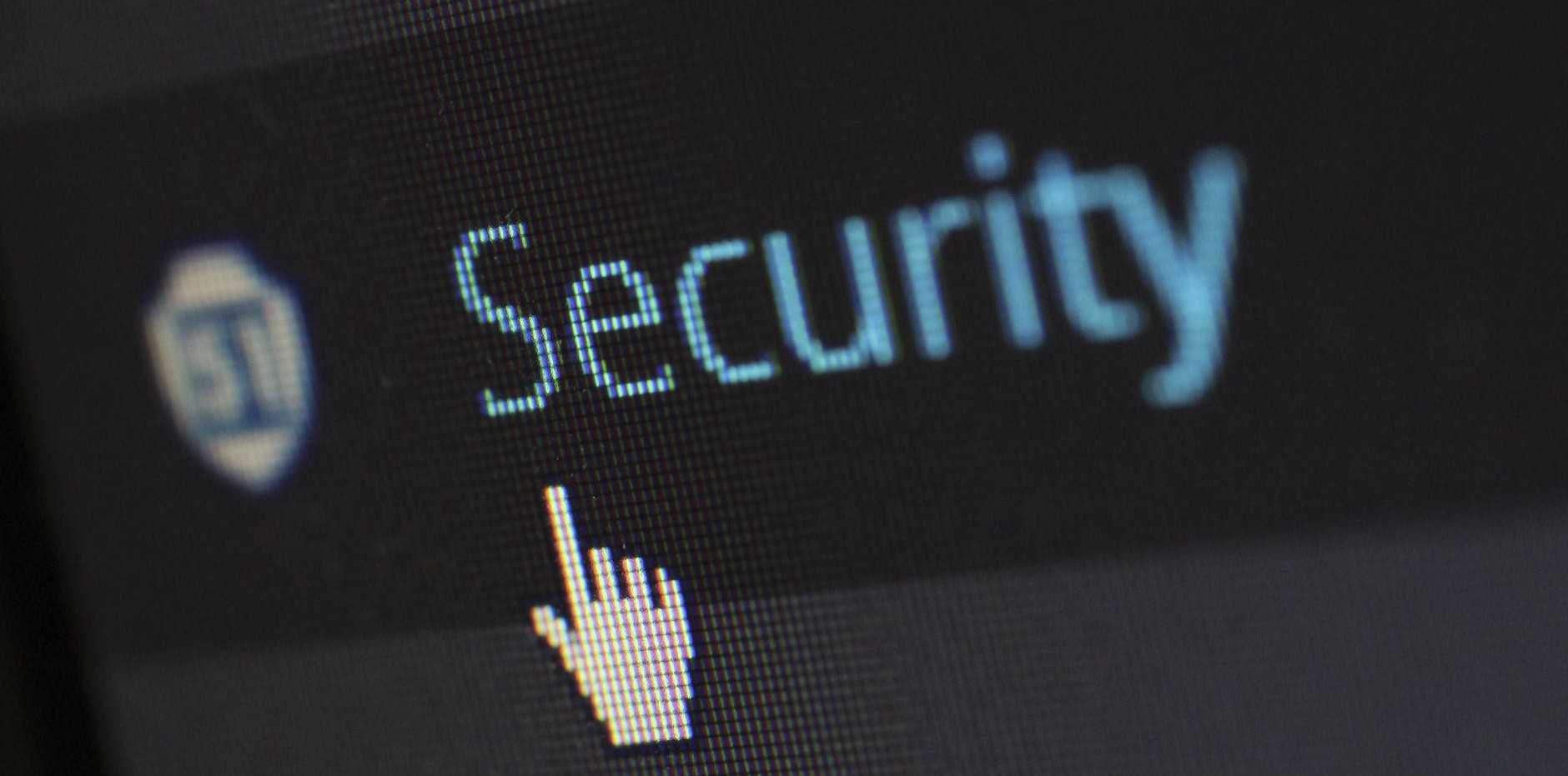
Imagine being paid to find fault with something. When the internet was created, monetization was the first mover. Battles were fought over interoperability (how the different platforms communicate), security was rarely at the top of anyone’s list.
Fast forward to today. The flaws and vulnerabilities baked into our systems are vast and deep (Horse Progress Days is a solid mid-range bet at this point).
When the Berlin wall fell, Estonia suddenly found itself freed from its role has a sacrificial human buffer between a European land army and the heart of Russia. They also found themselves in the crosshairs of a new form of warfare. The Russians needed to practice their cyber weapons and train their cyber soldiers for the digital battlefield and Estonia was their first target.
Estonia realized that a kinetic response would be futile. They instead turned to their youngest citizens. Starting at age 7, Estonia children are taught cyber awareness. Instead of being the weakest link, the Estonia people are a societal level, self-evolving defense. It worked so well that NATO put their cyber defense hub there. This is where the bug hunters come in.
Bug hunters (or sometimes called security researchers) are digital adrenaline junkies. There is a rush associated with cracking a code and finding a flaw in a system. Most companies don’t have a policy to deal with people who are able to hack into their systems or products. The smart ones have established bounty programs (technical name Vulnerability Disclosure Program VDP) to pay these ethical hackers to hunt for bugs.
CyberAg’s education initiative (Estonian Strategy) unveiled at the Rural Maryland Council 2021 Summit builds on the lessons learned and shared. We are seeking a two beta/pilot test school districts in the rural and agricultural parts of Maryland for a cybersecurity + agriculture session. We are bringing cyber savvy (and ethical conduct) to the next generation by focusing first on the rural/ag communities.
We are seeking volunteers, mentors, and other resources to help students to practice their cyber skills.
Want to help?








